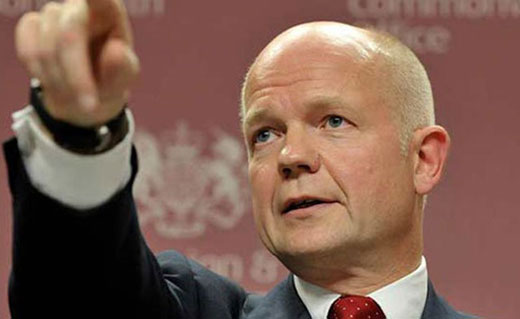
BRUSSELS — The European Union will review relations with Zimbabwe given its “serious concerns” about the conduct of the Southern African State’s election, EU foreign policy chief Catherine Ashton said yesterday.
Staff Reporter/Reuters
The EU’s verdict on the fairness of the elections will be crucial to a decision on whether it continues to ease sanctions against Zimbabwe. Ashton did not broach the issue of such sanctions in her statement.
President Robert Mugabe was sworn back into office after winning the July 31 election, extending — at age 89 — his 33-year rule dating back to independence from Britain.
The United States said earlier this week it believed the vote was flawed and did not plan to loosen sanctions. Ashton said the 28-member EU shared the “serious concerns” raised in the initial assessment of the election by the Sadc, African Union (AU) and domestic observers.
“The EU underlines the importance and need to continue strengthening reforms to ensure that future elections are fully transparent and credible as well as peaceful,” she said.
“The EU will review its relations with Zimbabwe, taking account of all these factors.”
Meanwhile, the United Kingdom’s Foreign secretary William Hague said there should be an independent audit of Zimbabwe’s elections before the poll results could be deemed credible.
- Chamisa under fire over US$120K donation
- Mavhunga puts DeMbare into Chibuku quarterfinals
- Pension funds bet on Cabora Bassa oilfields
- Councils defy govt fire tender directive
Keep Reading
“I am extremely concerned that the MDC-T had to withdraw its legal challenge due to concerns over the independence of the judiciary,” he said in a statement.
“I strongly believe that an independent investigation of any allegations of election irregularities would be required for the election result to be deemed credible. As I have set out previously, I have grave concerns over the conduct of the election, and the flaws highlighted in the Sadc and AU observation missions’ initial assessments.
“These included the failure to produce the voters’ roll, the large number of voters who were turned away on Election Day, the very high numbers of extra ballot papers that were printed, as well as the reforms that were not completed as part of the Global Political Agreement (GPA), including to the media environment and security sector.”
Hague said while Sadc withheld judgment on whether the election was either fair or credible, due to the flaws, “I am disappointed that the election result was endorsed at last weekend’s Sadc summit”. —










